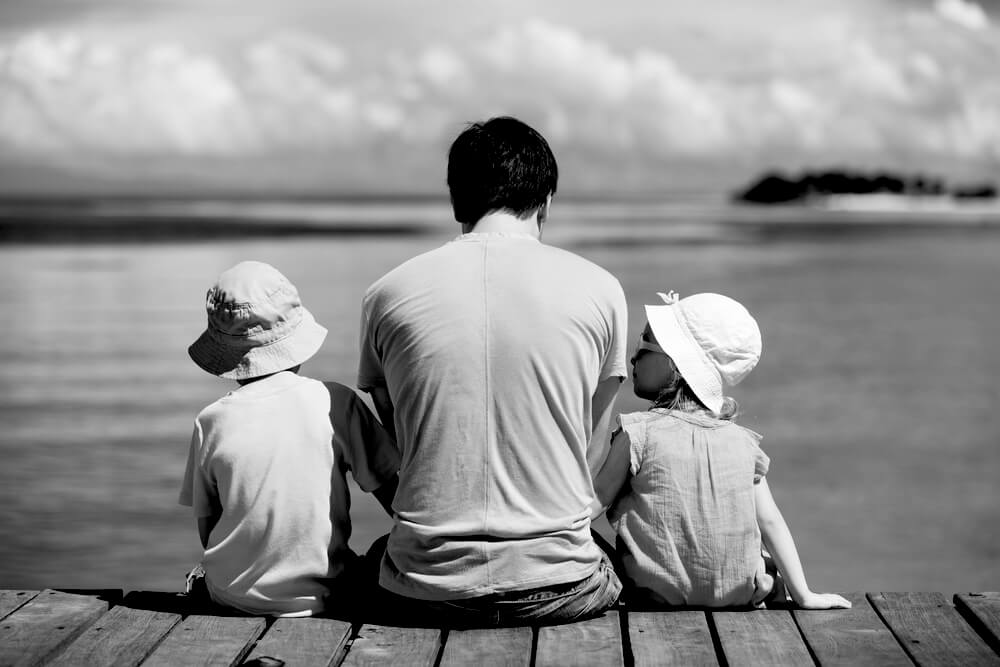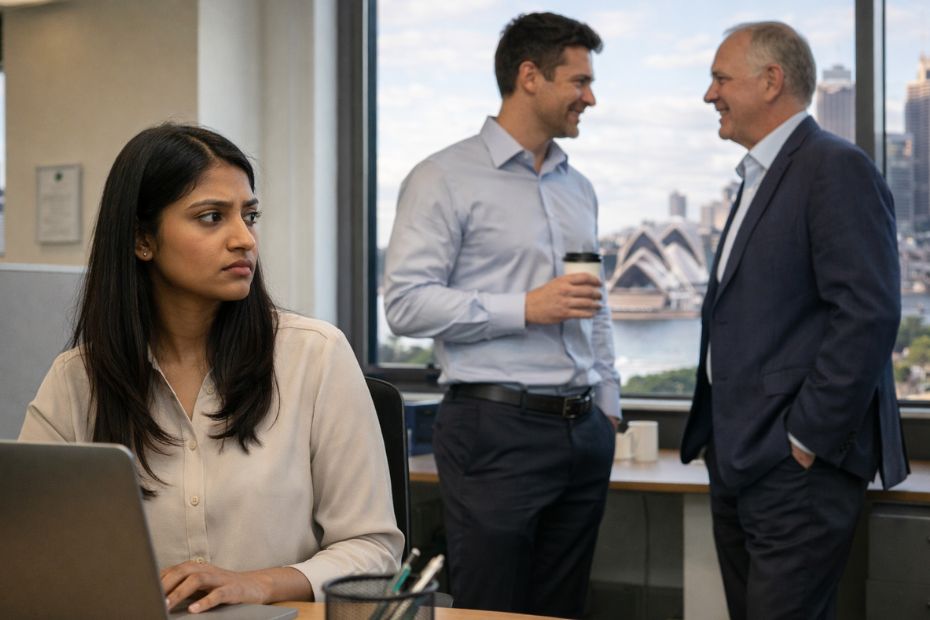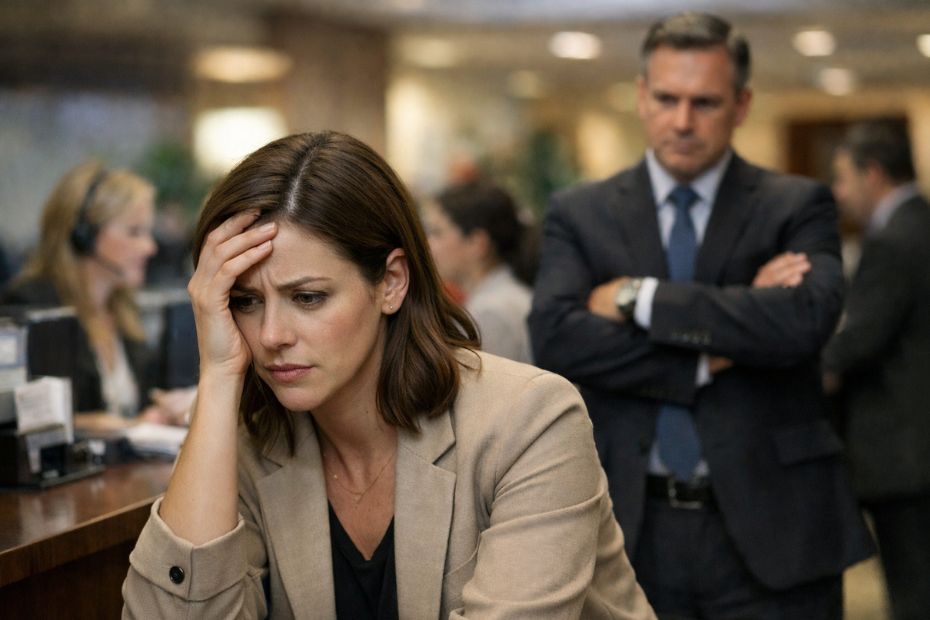In complex parenting cases, a judge may order the appointment of an independent children’s lawyer (ICL). Parties may also request the appointment of an ICL if they can demonstrate to the court that it is essential. An independent children’s lawyer, according to the Family Law Act of 1975, is a legal practitioner with specific training and experience in complex family disputes, and their responsibility is to advocate the children’s best interests. They effectively serve as a neutral third party in the proceedings, distinct from opposing parents or family members. In any parenting matter, the ICL’s responsibility is to advocate entirely for the best interests of the kid or children involved.
What is the purpose of appointing an ICL?
indepOnly the most difficult, high-conflict parenting situations usually necessitate the use of an ICL. One example is situations involving allegations of abuse, neglect, or familial violence. An ICL is also required if one or both parents, or one or more children, suffer from mental health concerns or have a disability. An ICL may be appointed to represent the best interests of a child who is of legal age and capable of expressing clear views that differ significantly from those of a parent. Additionally, in cases when none of the aforementioned requirements apply yet the parties’ asserted cases are diametrically opposed, an ICL may be required.
Is the child represented by an ICL?
No. The ICL is a non-profit organisation that advocates for children’s rights. While the wishes of children involved in custody battles may coincide with what the ICL considers to be in their best interests, this is not always the case. However, it is within the scope of the ICL’s responsibility to ensure that the court is fully informed of the children’s opinions if any have been stated.
What criteria does an ICL use to evaluate what is in the best interests of the children?
The ICL will normally collect pertinent information about the children and their family conditions through a process. They can accomplish this in a variety of ways:
- Having a psychologist, psychiatrist, or social worker produce a family report
- Obtaining information from the child’s instructors, guidance counsellor, medical provider, or other professionals with whom they interact on a daily basis.
- Obtaining any relevant expert evidence or information from government agencies.
- Direct communication with the children.
Who foots the bill for the ICL’s services?
The costs of the ICL will typically be covered by the appropriate State or Territory’s Legal Aid Commission, however, the parties may be required to pay costs in certain instances.
When does the court receive a referral from the independent children’s lawyer?
In some circumstances, an Independent Children’s Lawyer will know what orders they would seek on behalf of the child early on in the case. If the Independent Children’s Lawyer is aware of the situation, they will inform the parents’ lawyers or you, if you are not represented by a family lawyer. This may be beneficial in negotiations. In some circumstances, the best interests of the child may be ambiguous, and the Independent Children’s Lawyer may not be able to make a recommendation until much later, if at all.
Is it possible for the independent children’s lawyer to change their mind?
Yes. The recommendation of an Independent Children’s Lawyer will be based on the evidence available at the time. If new evidence becomes available before the court issues final orders, the Independent Children’s Lawyer must assess how this would affect any recommendations.
Is it true that the court always consider the requests of the independent children’s lawyer?
The judge pays close attention to what everyone in the case has to say and then makes a judgement based on all of the facts presented.
What else does an independent child’s lawyer do for a living?
Encourages and participates in any negotiations aimed at resolving the issue in your child’s best interests.
Demands that appropriate measures be made to safeguard the child’s interests while the case is resolved.
What is the difference between a family report and an independent expert report?
A written report regarding a child, the parents, and anybody else engaged in the case will be ordered by the court in challenging instances. The Independent Children’s Lawyer will frequently file an application for this order. Depending on the circumstances, a family consultant, social worker, child and family psychologist, or psychiatrist prepares this report. The information is gathered through interviews with those who are involved in the situation. The court will make the report public and distribute it to your lawyer (or you if you’re representing yourself) and the Independent Children’s Lawyer. It may be useful in facilitating negotiations that lead to a settlement of the dispute. If the case is not settled, the report will be considered by the judge as evidence.
When the case is finished, what happens next?
The court orders are explained to your child by the Independent Children’s Lawyer (if they are old enough to understand).
In addition, the ICL may be involved in any follow-up arrangements related to any court orders.
Important things to keep in mind
Ensure that your child attends all of the Independent Children’s Lawyer’s appointments.
Even if you are not represented by a lawyer, the ICL will be limited in what he or she can share with you to ensure their independence in the case. If you are represented by a lawyer, you should discuss any concerns you have with your lawyer, who will contact the Independent Children’s Lawyer on your behalf.
Please do not enquire about your child’s meetings with the Independent Children’s Lawyer. They should be kept private between you and your child’s lawyer.
Allow your child to call the Independent Children’s Lawyer at any time.
Is it necessary for me to pay the Fee for Independent Children’s Lawyers?
The Legal Services Commission pays the Independent Children’s Lawyer’s expenses, although the lawyer is obligated by the existing Commonwealth Family Law Funding Guidelines to seek a contribution from each of the parties. When a party receives legal aid funds, the Legal Services Commission has the authority to waive or modify this obligation.
Is the Children’s Lawyer Independent Going to Take Sides?
The Independent Children’s Lawyer will not take sides, but may support one of the parties’ application if they consider it is in the child’s or children’s best interests. Unless a party is self-represented, in which case the Independent Children’s Lawyer will communicate with that party in writing, the lawyer will normally communicate with the parties through their lawyers.
What Should You Do Now?
At Mediations Australia, we have a team of family lawyers and mediators who can assist you in Canberra, Perth, Adelaide, Melbourne and all other locations in Australia. We also do international family law matters.



